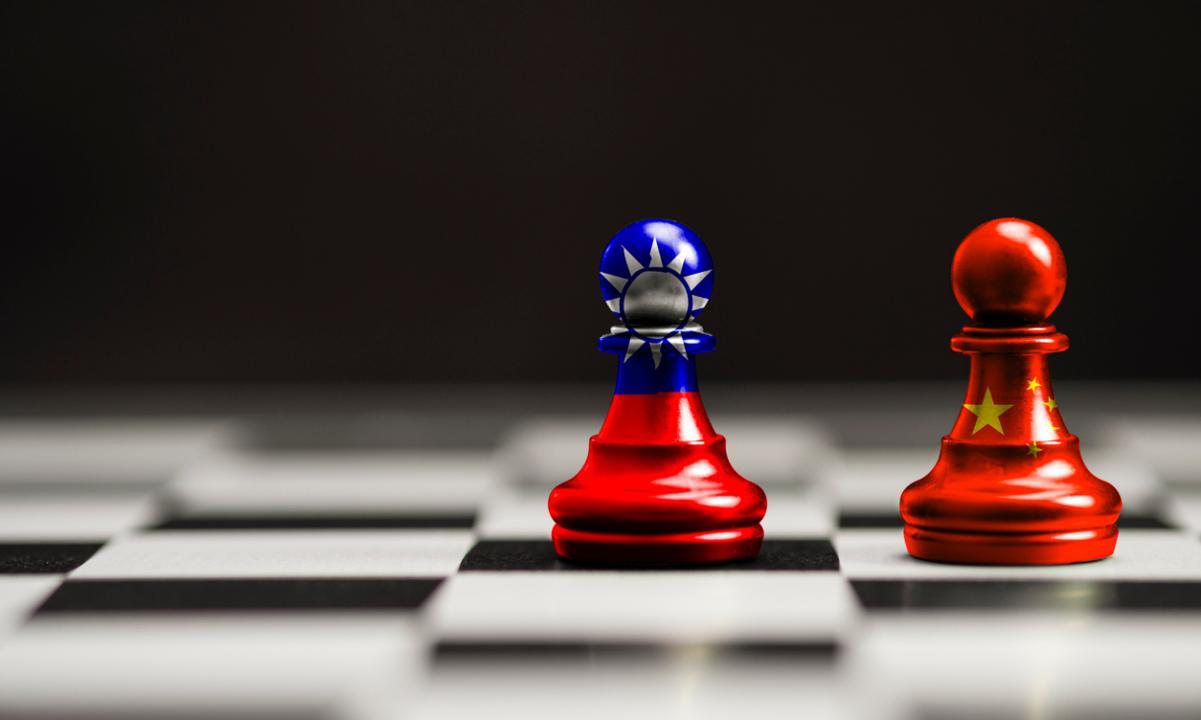The large-scale Chinese deployment comes as Beijing increases preparations for a potential blockade or outright attack on Taiwan that has stirred major concerns among military leaders in the US, Taiwan's key ally

Representative Image. Pic/iStock
Taiwan scrambled fighter jets, put its navy on alert and activated missile systems in response to nearby operations of 34 Chinese military aircraft and nine warships that are part Beijing's strategy to unsettle and intimidate the self-governing island democracy.
ADVERTISEMENT
The large-scale Chinese deployment comes as Beijing increases preparations for a potential blockade or outright attack on Taiwan that has stirred major concerns among military leaders in the US, Taiwan's key ally.
Also read: Budget 2023: No income tax up to Rs 7 lakh, all about the new tax regime
In a memo last month, US Air Force Gen. Mike Minihan instructed officers to be prepared for a US-China conflict over Taiwan in 2025. As head of Air Mobility Command, Minihan has a keen understanding of the Chinese military and his personal remarks echo calls in the US for heightened preparations.
Taiwan's Defence Ministry said 20 Chinese aircraft on Tuesday crossed the central line in the Taiwan Strait that has long been an unofficial buffer zone between the sides, which divided amid civil war in 1949.
China claims the self-governing island republic as its own territory to be taken by force, while the vast majority of Taiwanese are opposed to coming under the control of China's authoritarian Communist Party.
Taiwan's armed forces “monitored the situation ... to respond to these activities,” the Defence Ministry said Wednesday.
China has sent warships, bombers, fighter jets and support aircraft into airspace near Taiwan on a near daily basis, hoping to wear down the island's limited defence resources and undercut support for pro-independence President Tsai Ing-wen.
Chinese fighter jets have also confronted military aircraft from the US and allied nations over international airspace in the South China and East China seas, in what Beijing has described as dangerous and threatening maneuvers.
A string of visits in recent months by foreign politicians to Taiwan, including by then-US House Speaker Nancy Pelosi and numerous politicians from the European Union, spurred displays of military might from both sides.
In response to Pelosi's visit in August, China staged war games surrounding the island and fired missiles over it into the Pacific Ocean.
China has repeatedly threatened retaliation against countries seeking closer ties with Taiwan, but its attempts at intimidation have sparked a backlash in popular sentiment in Europe, Japan, the US and other nations.
Taiwan is set to hold presidential elections next year, in contrast to China's system of total control by president and party General Secretary Xi Jinping, who has removed term limits to effectively make him leader for life. China's efforts to reach out to Taiwan's pro-unification Nationalist Party have largely backfired.
Although the Nationalists performed well in local elections last year, the party's pro-Beijing policies have failed to find resonance among voters on a national level.
Taiwan has responded to China's threats by ordering more defensive weaponry from the US, leveraging its democracy and high-tech economy to strengthen foreign relations and revitalising its domestic arms industry.
Compulsory military service for men is being extended from four months to one year and public opinion surveys show high levels of support for increased defence spending to counter China's threats.
In an interview last month, Taiwan's envoy to the US said the island has learned important lessons from Ukraine's war that would help it deter any attack by China or defend itself if invaded.
Taiwan's de-facto ambassador in Washington, Bi-khim Hsiao, said there is a new emphasis on preparing military reservists and civilians for the kind of all-of-society fight that Ukrainians are waging against Russia.
“Everything we're doing now is to prevent the pain and suffering of the tragedy of Ukraine from being repeated in our scenario in Taiwan,” Hsiao told The Associated Press. So ultimately, we seek to deter the use of military force. But in a worst-case scenario, we understand that we have to be better prepared.
This story has been sourced from a third party syndicated feed, agencies. Mid-day accepts no responsibility or liability for its dependability, trustworthiness, reliability and data of the text. Mid-day management/mid-day.com reserves the sole right to alter, delete or remove (without notice) the content in its absolute discretion for any reason whatsoever.
 Subscribe today by clicking the link and stay updated with the latest news!" Click here!
Subscribe today by clicking the link and stay updated with the latest news!" Click here!







